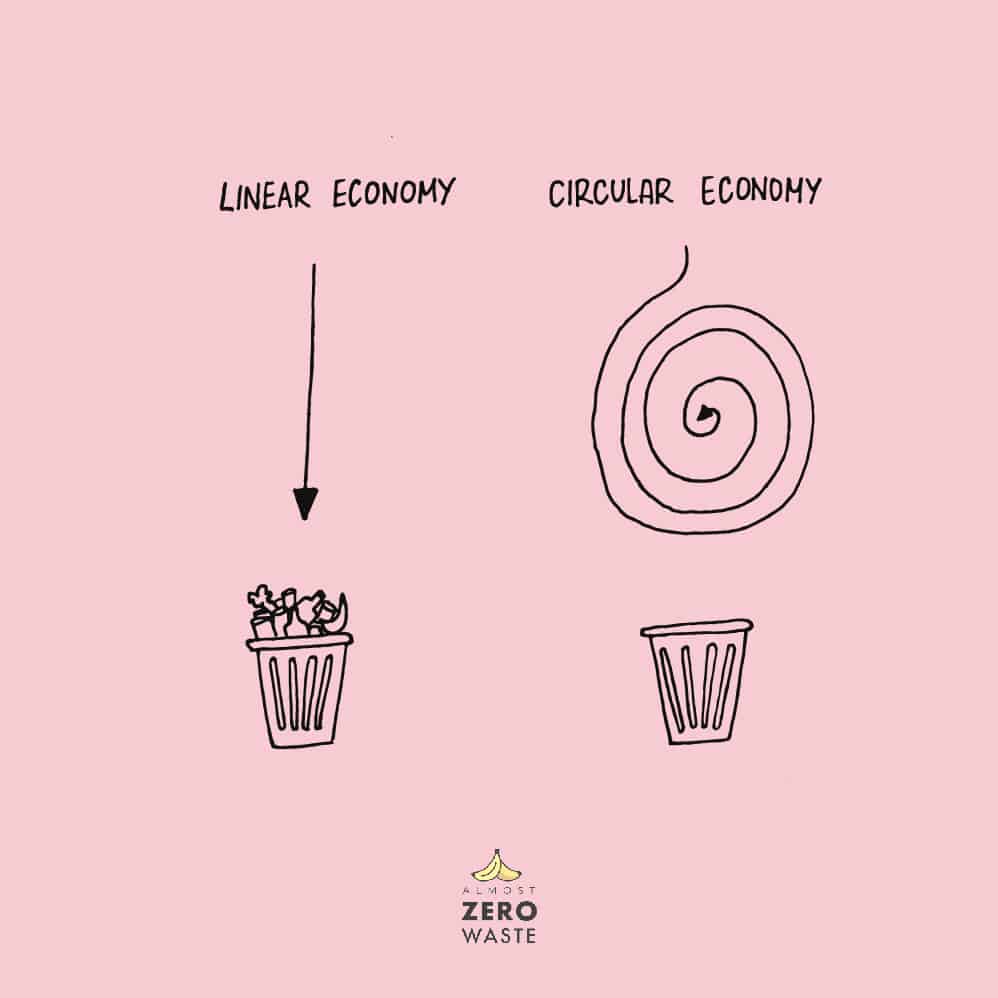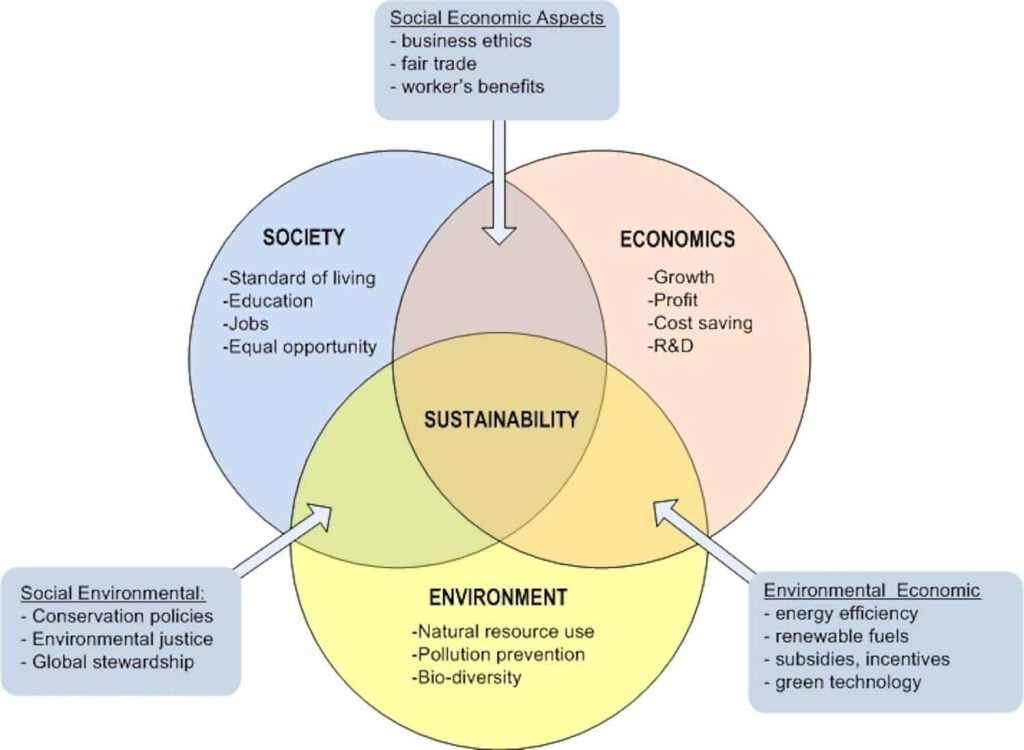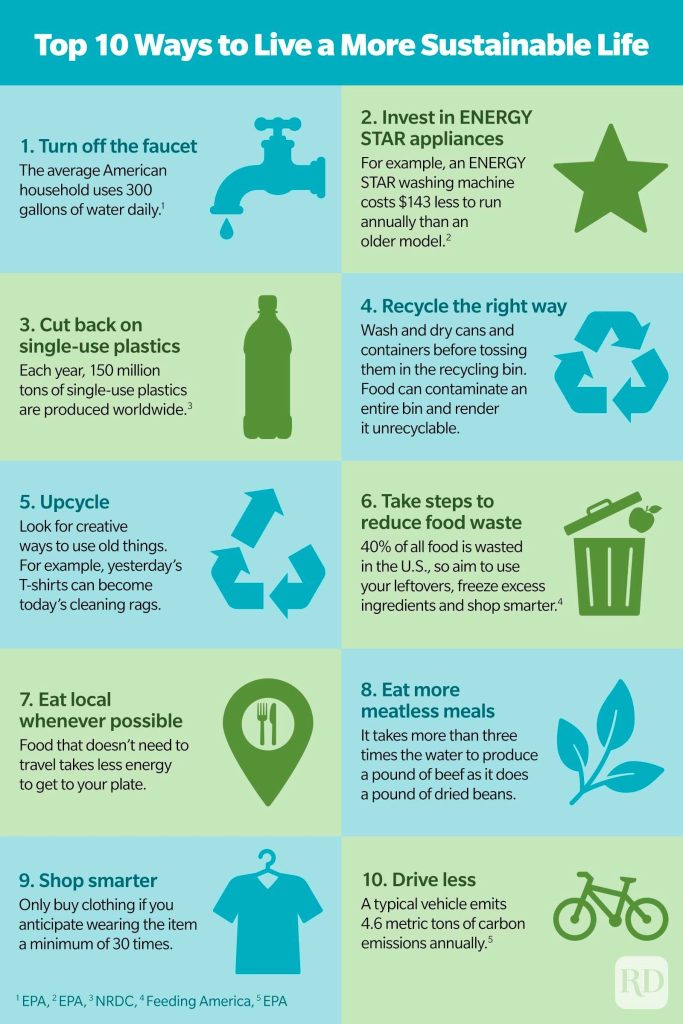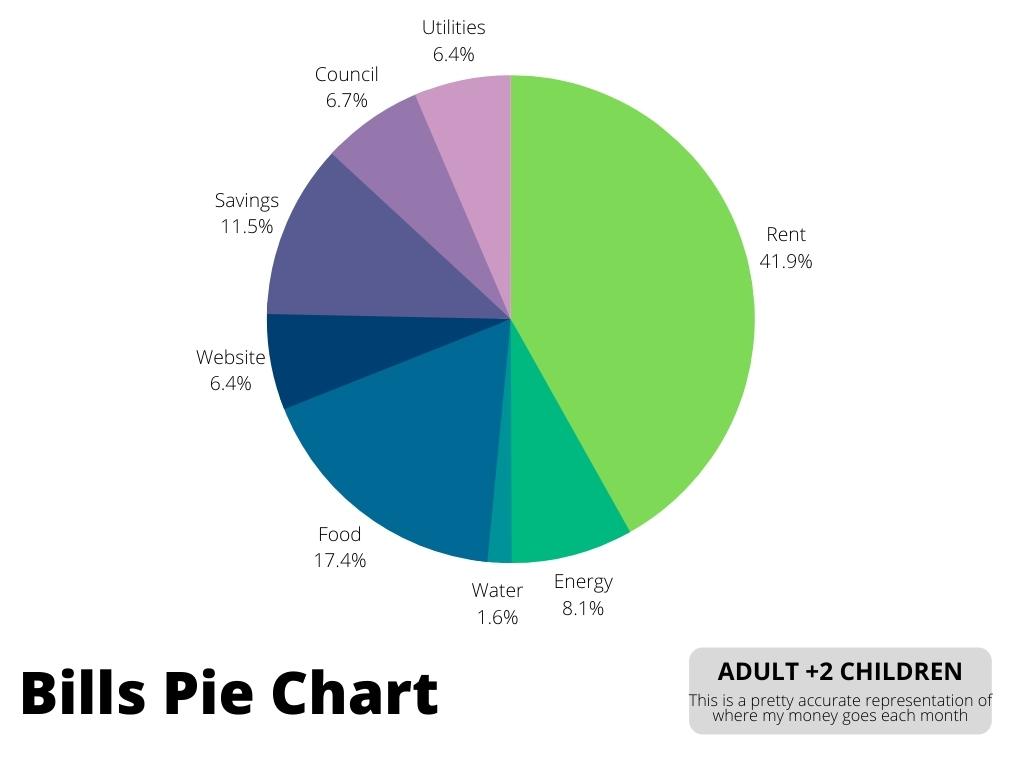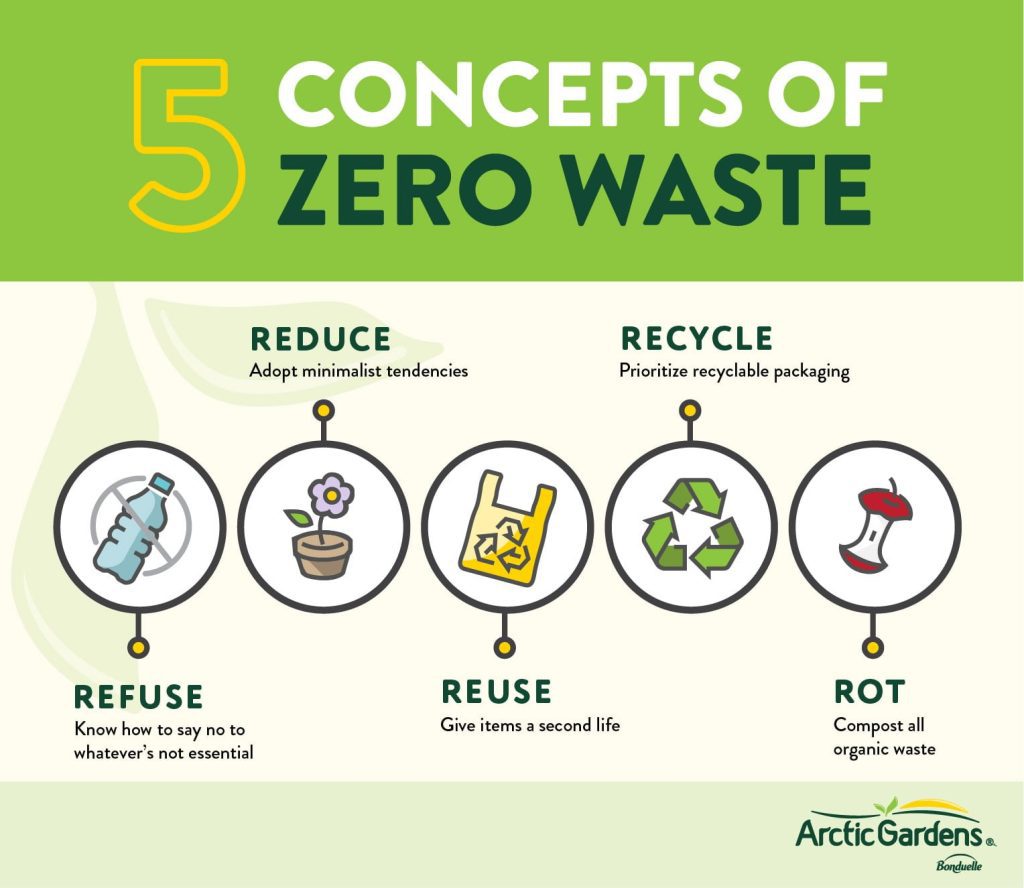Living in a zero waste society may sound like a far-fetched dream, but is it really possible? Can we truly eliminate all waste and live in a world where every resource is used efficiently and sustainably? It’s a thought-provoking question that has been gaining traction in recent years as people become more aware of the environmental impact of our current consumption patterns. Let’s dive into this topic and explore whether or not it is possible to live in a zero waste society.
When we talk about a zero waste society, we are envisioning a future where everything we use is reused, recycled, or composted, leaving no waste behind. It’s a concept that requires a significant shift in mindset and behavior. We would need to rethink our entire approach to consumption, from the way we produce and package goods to how we dispose of them. It would require a collective effort from individuals, businesses, and governments to implement sustainable practices and invest in innovative solutions. So, is it possible? Can we truly achieve a zero waste society? Let’s delve deeper into this fascinating topic and explore the possibilities.

Is It Possible To Live in a Zero Waste Society?
Living in a zero waste society may seem like an impossible dream, but with the right mindset and practices, it is indeed achievable. A zero waste society is one where resources are used efficiently, waste is minimized, and materials are reused or recycled to their fullest extent. While it may require significant changes in our current lifestyles and systems, the benefits of living in a zero waste society are undeniable. In this article, we will explore the possibility of achieving a zero waste society and the steps that individuals, communities, and governments can take to make it a reality.
The Challenges of Achieving Zero Waste
Creating a zero waste society comes with its fair share of challenges. One of the primary obstacles is changing people’s mindset and behavior towards waste. We live in a disposable culture where single-use items are the norm, and convenience often takes precedence over sustainability. Overcoming this mindset requires education, awareness, and the provision of viable alternatives to single-use products.
Another challenge lies in the infrastructure required to support a zero waste society. Currently, many waste management systems are designed for landfilling or incineration, which are not sustainable in the long term. To transition to a zero waste society, we need to invest in recycling facilities, composting infrastructure, and systems for the recovery of valuable materials from waste streams.
Individual Actions Towards Zero Waste
While achieving a zero waste society requires collective efforts, individuals play a crucial role in driving the change. Here are some actions that individuals can take to reduce waste and contribute to a zero waste society:
1. Reduce, Reuse, and Recycle: The three R’s of waste management are essential in minimizing waste. By reducing consumption, reusing items, and recycling materials, individuals can significantly reduce their waste footprint.
2. Composting: Organic waste, such as food scraps and yard trimmings, can be composted to produce nutrient-rich soil. Composting not only diverts waste from landfills but also provides a valuable resource for gardening and agriculture.
3. Choose Sustainable Alternatives: Opt for products with minimal packaging, choose reusable items over disposable ones, and support businesses that prioritize sustainability.
4. Spread Awareness: Educate others about the importance of zero waste living and share tips and strategies for reducing waste. By raising awareness, individuals can inspire others to adopt more sustainable practices.
Community and Government Initiatives
While individual actions are essential, achieving a zero waste society requires broader systemic changes. Communities and governments can implement the following initiatives to support the transition:
1. Recycling Programs: Establish comprehensive recycling programs that make it easy for residents to recycle a wide range of materials. This includes curbside recycling, drop-off locations, and education on proper recycling practices.
2. Composting Infrastructure: Invest in community composting facilities or support home composting initiatives to encourage the diversion of organic waste from landfills.
3. Extended Producer Responsibility: Hold manufacturers accountable for the lifecycle of their products by implementing extended producer responsibility programs. This encourages them to design products that are easier to recycle and reduces the burden on consumers.
4. Plastic Bans and Reductions: Implement bans or restrictions on single-use plastics and promote the use of sustainable alternatives. Encouraging the adoption of reusable bags, bottles, and utensils can significantly reduce plastic waste.
In conclusion, while achieving a zero waste society may seem daunting, it is indeed possible with collective effort and the implementation of sustainable practices. By changing our mindset towards waste, taking individual actions, and implementing community and government initiatives, we can create a world where waste is minimized, resources are used efficiently, and the environment is protected for future generations. It’s time to embrace the challenge of living in a zero waste society and pave the way for a more sustainable future.
Key Takeaways: Is It Possible To Live in a Zero Waste Society?
- Living in a zero waste society is challenging but not impossible.
- Reducing, reusing, and recycling are crucial steps towards achieving zero waste.
- Individual actions, such as using reusable bags and water bottles, can make a big difference.
- Government policies and incentives play a significant role in promoting a zero waste lifestyle.
- Collaboration and education are key to creating a sustainable future for all.
Frequently Asked Questions
1. How feasible is it to live in a zero waste society?
Living in a zero waste society is indeed a challenging but achievable goal. It requires a significant shift in our mindset, habits, and lifestyle choices. While it may not be possible to completely eliminate waste, we can certainly minimize it by adopting sustainable practices.
By reducing, reusing, and recycling, we can significantly decrease the amount of waste we produce. Additionally, supporting businesses and organizations that prioritize eco-friendly practices can contribute to a zero waste society. It’s important to remember that transitioning to a zero waste lifestyle is a gradual process that requires commitment and continuous effort.
2. What are some practical steps individuals can take to live in a zero waste society?
There are several practical steps individuals can take to contribute towards a zero waste society. Firstly, reducing single-use items such as plastic bags, bottles, and straws can have a significant impact. Opting for reusable alternatives like cloth bags, stainless steel bottles, and glass straws can help minimize waste.
Additionally, practicing proper waste segregation and recycling is essential. Separating recyclable materials from general waste and ensuring they are disposed of correctly can divert a significant amount of waste from landfills. Composting organic waste is another effective way to reduce waste and create nutrient-rich soil for gardening.
3. Are there any challenges associated with living in a zero waste society?
Living in a zero waste society does come with its fair share of challenges. One of the major obstacles is the lack of infrastructure and resources to support waste reduction initiatives. Many areas still lack efficient recycling facilities and composting systems.
Another challenge is the prevalence of single-use items in our daily lives. From packaging to convenience products, it requires conscious effort to find sustainable alternatives. Additionally, the fast-paced nature of modern life can make it difficult to prioritize waste reduction and sustainable practices.
4. What are the benefits of living in a zero waste society?
Living in a zero waste society offers numerous benefits for both individuals and the environment. Firstly, it helps conserve natural resources as less raw materials are consumed in the production of goods. This leads to reduced energy consumption and lower carbon emissions.
Furthermore, a zero waste society promotes a healthier environment by reducing pollution, landfill waste, and harmful chemicals. It also encourages a shift towards a circular economy, where materials are reused, repaired, or recycled, thus minimizing waste generation.
5. How can governments and businesses contribute to a zero waste society?
Governments and businesses play a crucial role in driving the transition towards a zero waste society. Governments can implement policies and regulations that promote waste reduction, recycling, and sustainable practices.
Businesses can adopt eco-friendly manufacturing processes, use sustainable packaging materials, and invest in recycling infrastructure. They can also educate consumers about the importance of waste reduction and provide incentives for environmentally conscious choices.
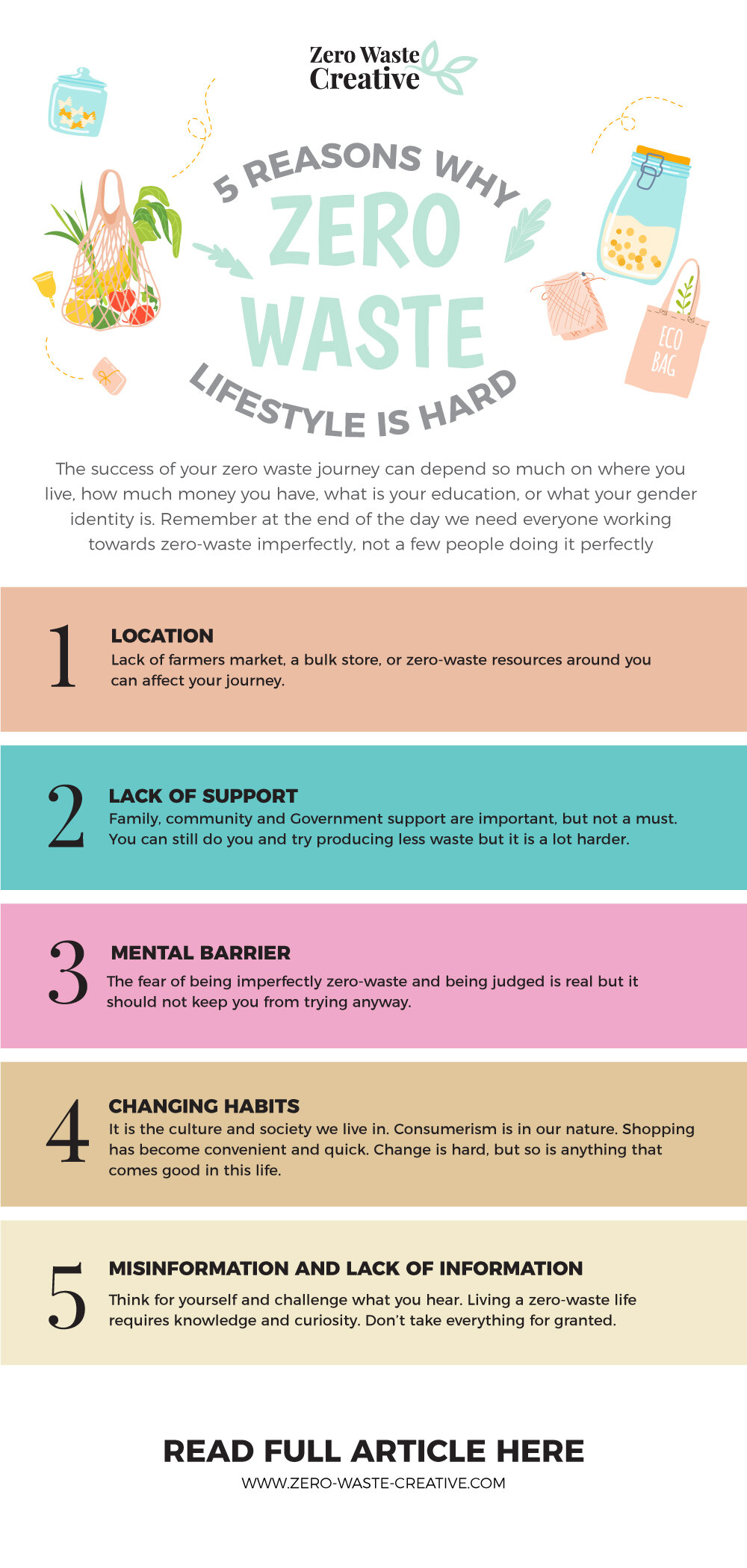
Is it possible to live a ‘zero waste’ life? | Bianca Mularoni | TEDxAUEB
Final Thoughts: Can We Achieve a Zero Waste Society?
Living in a zero waste society may seem like an ambitious goal, but it is definitely within our reach. As we become more aware of the impact of our actions on the environment, the concept of zero waste is gaining momentum. While it may take time and effort to transition to a zero waste lifestyle, the benefits are undeniable. By reducing, reusing, and recycling, we can minimize our waste and create a more sustainable future.
One of the key factors in achieving a zero waste society is a shift in mindset. We need to challenge the notion of disposable convenience and embrace a culture of sustainability. This means being mindful of our consumption habits, opting for reusable alternatives, and supporting businesses that prioritize eco-friendly practices. Small changes, such as using a reusable water bottle or bringing your own shopping bags, can make a big difference when multiplied by millions of individuals.
Additionally, government policies and regulations play a crucial role in driving the transition towards zero waste. By implementing waste management systems, incentivizing recycling, and promoting sustainable practices, governments can create an environment that supports and encourages individuals and businesses to reduce their waste. Collaboration between policymakers, businesses, and individuals is essential for the success of this endeavor.
In conclusion, while achieving a zero waste society may be a challenging journey, it is not an impossible one. By adopting sustainable habits, advocating for change, and working together, we can create a world where waste is minimized

